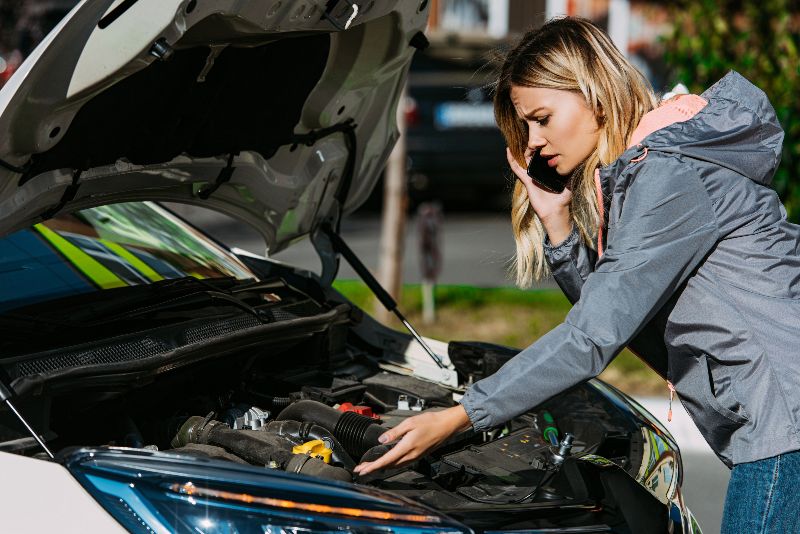Car Noises, What They Mean, and When You Should Be Worried
Were you driving your car peacefully and all of a sudden heard some awkward sound coming out of the vehicle and it scares the crap out of you thinking that: “there is absolutely something wrong with my car, it might blow up or shut down or worse”, and you start analyzing all the scenarios and telling yourself: “what should I do next? Should I sell my car? How will I fix this?”
Easy, do not panic, if this happened to you, then yes maybe that day was not your lucky day, especially if you know nothing about what is going on in your car, but no worries, the best way to find out what is happening inside the car is to have an expert look at it, or just educate yourself a little bit about car noises in order to be ready for handling any situation on your own.
Since cars have many parts: engine, transmission, steering wheel, tires, suspension system, brakes, lights, windshield wipers, etc, how is it possible to know for sure where the problem is?
Simple, today we are going to help you learn to identify the most common noises that cars produce, what they refer to, and how you can fix related problems.
Groaning or Whining
This noise is associated with the steering wheel. You are probably going to hear a sound from under the hood which is due to an air leak from the system or low power steering fluid.
What you can do is to check the level of power steering fluid in the reservoir, you can recognize it from the cap that says “power steering”. The right level is written outside the reservoir or you can simply check the level from the dipstick.
Screeching or Grinding
Screeching is a high-pitched noise that usually comes out of the wheels, produced every time you press the brake pedal, and it is a sign of low brakes’ pads.
When this sound turns into grinding or scraping (it becomes more of a metallic noise), it means that your brake pads are completely worn out and the brakes are damaging the brake rotors.
Sometimes this noise does not indicate that your brake pads are worn out, they might have build-up dirt or rust, but this is not a big issue because the noise will disappear once you start driving.
What you can do is take the wheel off and check the brake pads and rotors, to see if it is time to change your brake pads.
Squealing or Chirping
This noise comes from your engine area, and you hear it usually when you turn your car on, but sometimes it is constant.
This happens because of a worn-out belt. Many parts of your engine are driven by belts, like power steering pump, water pump, starter, alternator, radiator fan, AC compressor, and more.
So, when the belt gets old, oily, loose, or cracks, stretches, it will start slipping on the metal pulleys in the engine and you will be hearing the voice of a squealing.
What you can do to determine the cause of the sound is to turn on your car and move the steering wheel to see if the car makes that sound, if not, turn the air conditioner on and off and listen, and so on till you know where this noise is coming from to readjust or replace the belt.
Groaning or Rumbling
This sound happens when driving at high speed, and the faster you go, the louder the noise will be.
This noise is due to bad wheel bearing or tires which is usually hard to diagnose.
What you can do is to drive fast on a smooth road, and then shift to neutral quickly and listen carefully if the sound stays or it goes away.
If there is a sound then the problem is with your wheels, if it goes away then the issue is within your engine and transmission.
Finally, when a car makes an odd noise, you should immediately know that your vehicle has developed a problem of some sort, and you should either take it for an inspection or diagnose these noises by yourself to maintain the value of your car.
So, because this can happen for anyone anytime and anywhere, stay always aware of any noise that comes out of the car so you can locate it and act right away, and enjoy your drive safely!
